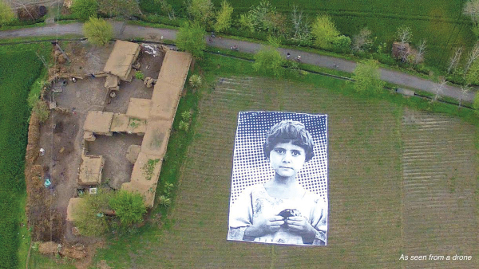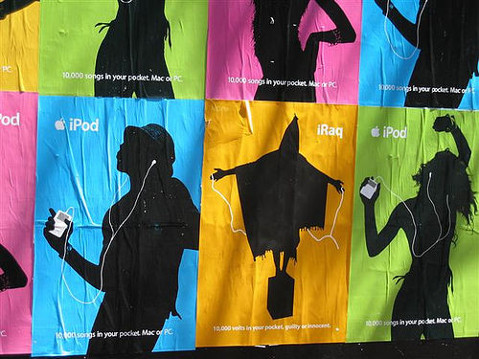The Abomination of Torture
A Q&A with Elisabeth Weber, Author of 'Kill Boxes'

University of California, Santa Barbara scholar Elisabeth Weber has spent the last 14 years studying torture, resulting in her new book, Kill Boxes: Facing the Legacy of U.S.-Sponsored Torture, Indefinite Detention, and Drone Warfare. Weber recently sat down with Brian Tanguay to discuss her research and her book.
What motivated you to write about torture? I believe it is the duty of scholars to search for the truth, no matter how painful or inconvenient that truth might be. Ignorance isn’t an option when it comes to the total denial of human rights represented by torture, indefinite detention, and drone strikes. We must confront such blatant injustice. There is a long tradition in the humanities of confronting the denial of human rights [and] of gross ethical violations, which is one reason autocratic regimes attack the arts and humanities. We deal in complexity and deep truth; autocratic regimes tend to favor black and white, either/or ideas and solutions.

To provide some context, did the United States employ what we now call enhanced interrogation techniques prior to 9/11? The CIA was involved in developing psychological methods during the Cold War, including sensory deprivation, stress positions, and so on. Many of the techniques developed by the CIA were taught to the security and intelligence services of U.S. client states in Central and South America, Saudi Arabia, Egypt, and so on. But, of course, 9/11 changed everything.
Can you explain what you meant when you wrote that torture victims are forced into becoming traitors of themselves? When a prisoner is subjected to intense physical or psychological pain, like sensory deprivation, he or she will do or say practically anything to make the pain stop, even if this entails betraying friends, family members, country, or religious beliefs. In fact, some prisoners might confess to committing acts they had nothing to do with. Stopping the pain quite understandably becomes paramount. This is one reason why torture is an unreliable method for extracting actionable information from prisoners. It doesn’t work in the real world as it does in movies and television dramas.
President Trump has said he believes torture works. President Trump might want to listen to people inside the intelligence services, and it wouldn’t hurt if he became familiar with U.S. and international law.

You write a lot about the iconic photograph of the hooded man from Abu Ghraib prison in Iraq. Why did that particular photograph resonate so powerfully around the world? I think that image tapped into ancient memories of the practice of crucifixion, particularly in the Middle East, and it also brought up collective memories of colonialism. That and [the] blatant cruelty contributed to [the photograph’s] power. It’s a shocking symbol, and we — and by this I mean the United States — own it and its legacy. Crucifixion was the most despised form of torture in the ancient world.
Some of the prisoners at Guantanamo have been held for years without ever being charged. Indefinite detention without due process of law seems a particularly cruel form of punishment. Yes. Detention without due process is a form of torture. Unfortunately, American citizens don’t know as much about this as we should. Guantanamo is operated in the name of our collective security, but the practice has the effect of perpetuating hatred and animosity and fear.

Imagine if your father or brother or uncle was seized without justification, flown to Guantanamo, and forcibly detained for years, his life, liberty, and human dignity stolen from him; there’s absolutely nothing you can do about it. In those circumstances, you might be inclined to seek revenge or retribution for this injustice, either directly or by lending support to others. The point is that our actions have consequences.
How has researching and writing about torture changed you? I’m not entirely sure. I started my academic career studying the Holocaust. Torture is certainly a dark and unsettling subject, but like I mentioned before, I feel a responsibility as a scholar to investigate and think critically about human rights, about gross injustice. In the long term, it’s in the self-interest of the United States to reflect, deeply and seriously, on our policies and actions. Torture is an abomination.



